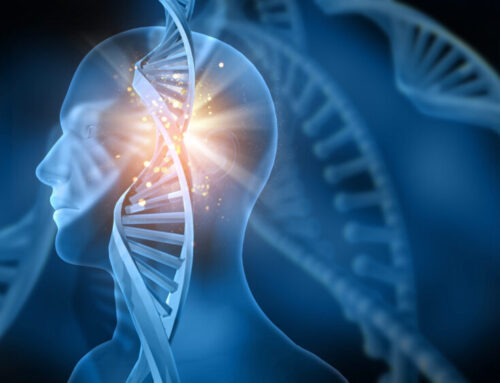In keeping with SAMHIN’s mission of greater dialogue on mental health in the South Asian community and to highlight the important work of others in this area, we invited Anupama Saale-Prasad, Ph.D., an experienced clinical psychologist from New Jersey to tell us about her experience with anger and rages which can be associated with bipolar disorder and provide some tips on how to deal with these difficult experiences.
Bipolar disorder is characterized by two poles or extremities: episodes of depression and mania. The depressive phase is typically characterized by feelings of sadness, withdrawal, disengagement, fatigue, hopelessness, and, in some cases, suicidal ideations. The manic phase can show patterns of erratic behaviors such as extreme spending, risk-taking activities, and excessive energy.
The least talked about symptoms are emotional instability, irritability, anger, or rage. Behaviorally, it can manifest as a hair-trigger temper, meltdowns, extreme intolerance, and verbal or physical acts of aggression. These episodes of rage can be worse if the person experiences psychotic features such as delusions or paranoia.
Bipolar rage insidiously fractures and causes irreparable damage to relationships. These corrosive behaviors lead to traumatic experiences for family members and friends. Children describe taking cover in their rooms during the raging episodes of their parents. The home atmosphere is tense, awaiting the moment the individual flies into visceral rage for seemingly innocuous reasons. Malicious remarks abound, with accusations and no room for rational discussions. Families often cave to the demands of the individual to keep the peace at home. Passive aggression, grudges, scapegoating, combativeness, and bullying are mixed in with daily interactions in households dealing with bipolar illness.
Family members might cope by counterattacking, avoiding the person, or cutting off ties. Friendships and other social relationships fall victim to such erratic displays of aggression. Behaviors are often justified by the individual as moral high ground or by externalizing and blaming others. Lack of insight and responsibility can lead to permanent fissures in important relationships.
Family members can take important steps to protect themselves and the individual.
Professional Help
Do not be a martyr. A healthy relationship is based on mutual respect. Seek professional help for yourself and other family members, including the individual with the mental illness. A therapist can help identify the episodes, sort out any differences, and formulate a plan to deal with the issues at hand. Joining an online support group is not only a great way to build an external support system with other families but reassuring to know that you are not alone.
Responsibility Taking
The individual might overcompensate with gifts or bouts of tearfulness and self-pity. However, teaching them to recognize the damage and to be accountable for their actions is more encouraging for change in the future than lofty gestures lacking insight into behavioral patterns.
Boundary Setting
A steady pattern of aggression and bullying can lead to complacency and compliance in family members. Instead, creating healthy boundaries with consistent reinforcement helps cope with unhealthy behaviors.
Healthy Communication
Combating rage with verbal assault is not effective. It might fuel the individual’s rage while also leaving you emotionally exhausted. The best thing to do at that time is to disengage and extricate yourself from the situation. Send a message that you will not engage when the person is angry and bitter. Instead, encourage open respectful communication when the height of the mood has settled.
Recognize Change
It is difficult to bring about change in behaviors. Recognize and reward the change you see in yourself and other family members. Any step towards healthier patterns of behavior is a cause for recognition.
Self-Care
Set up a routine for self-care for yourself.
Resources
- South Asian Mental Health Initiative and Network (SAMHIN) resources
- DBSA Support Group
- Find a therapist – SAMHIN directory and Psychology Today
- NAMI Family Support Group
- SAMHSA
- South Asian Mental Health Awareness in Jersey (SAMHAJ)
References
Is bipolar disorder specifically associated with aggression?
How To Interact And Deal With Someone Experiencing Bipolar Anger & Rage
Bipolar Anger: How to Identify It and Ways to Cope
 By Anupama Saale-Prasad, Ph.D
By Anupama Saale-Prasad, Ph.D
Dr. Saale-Prasad is a clinical psychologist in private practice in New Jersey and one of SAMHIN’s panel of speakers. You can reach her through her website or by phone at 732-737-7331.
I would love to hear your comments and welcome you to share your experience with this issue.
Received this on social media? Subscribe to SAMHIN Blog to be notified when the next SAMHIN blog is published.
Feature image by Simran Sood on Unsplash







Leave A Comment